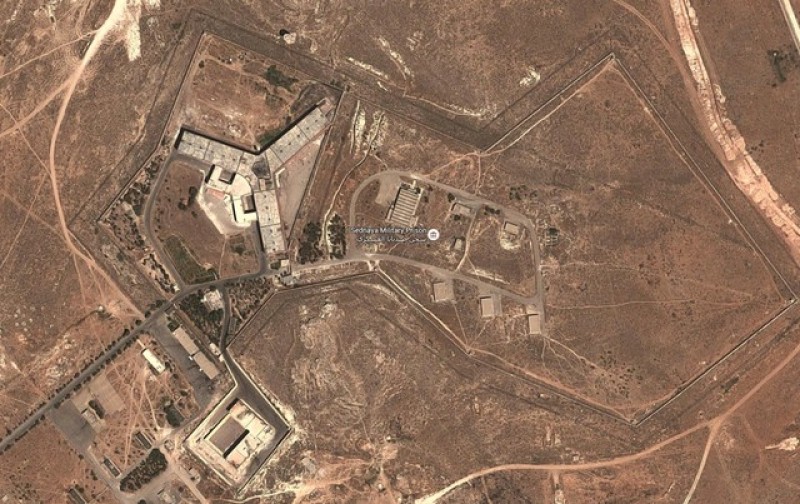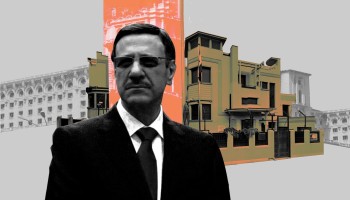Since 2010, forced bribery payments to prison and military officials by families of those detained in exchange for information, visits and releases have likely reached around US$900 million, as claimed by the paper, published on Monday by the Association of Detainees and the Missing in Sednaya Prison (ADMSP).
It concludes that the country’s government has thereby turned “forced disappearances and arrests” into an industry for the benefit of the state.
While the numbers represent significantly conservative estimates due to a lack of available data, the organisation suggests that well over 100,000 people have been forcibly disappeared in Syria since 2010, with a further 250,000 arrested and subsequently released.
“Arrests and monetary extortion of the population constitute a great source of funding for the state, and its repressive apparatus,” ADMSP states.
The Assad regime has a long history of forced disappearance, this being one of the main strategies adopted by Hafez Al-Assad, father of current president Bashar Al-Assad, in enforcing against dissent during his time as the country’s leader between 1971 and 2000.
With the significant growth in the number of forcibly detained since the Syrian revolution of 2011, ADMSP suggests that the systematisation of bribery payments was developed by the authorities as a strategy for financing themselves, “especially after the regime began losing control of large areas of the country in 2012 and the years that followed.”
The majority of arrests have taken place at military checkpoints, where civilians are required to produce photographic ID. Though the data is incomplete, the recent report observes that the lion’s share of detainees heralded from the governate of Idlib, one of the last remaining strongholds controlled by rebel and jihadist forces opposed to the Assad regime.
Syria’s treatment of those detained — arbitrarily or not — has drawn international outcry from governments and human-rights organisations alike.
Amnesty International has previously reported on mass executions conducted between 2011 and 2015 at the notorious Sednaya prison, with between 20 and 50 inmates being hanged in the dead of night as often as twice a week.
Meanwhile, the Syrian Network for Human Rights issued a report in 2019 outlining no fewer than 72 methods of torture being used against detainees, including scalding with boiling hot water and the removal of body parts, as well as rape and other sexual abuse, and allowing junior doctors to practice on prisoners for surgical training.
On Saturday, Syria again decried sanctions imposed by the United States against state institutions and high-profile members of the government and business elite, many of whom have been accused of profiteering from the war that has ravaged the Middle Eastern country for more than a decade.
The Syrian Foreign Ministry described the economic restrictions as “crimes against humanity,” according to the Associated Press.






